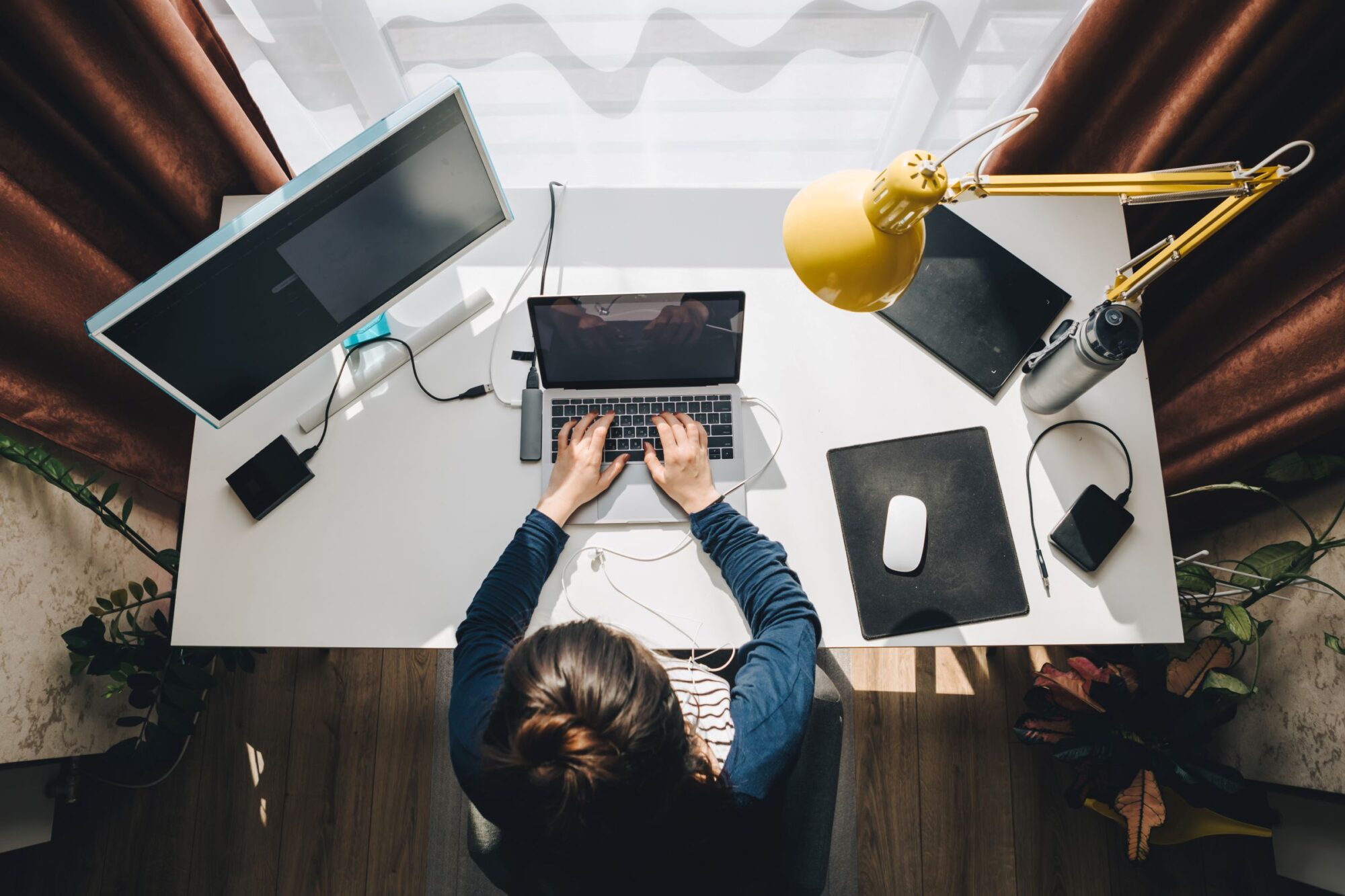Okay, so his company might be one that drives its staff pretty hard, but I have also heard that Barclays in Canary Wharf is recalling all staff to the office in July for an unspecified period, prior to a review of how best to move forward. I have also seen research that suggests the majority of office-based staff want to work at least three days in the office when things are back to normal – related, maybe, to the job security worries of those who think that ‘out of sight is out of mind’ when it comes to career development.
On the other hand, many commentators have been saying that the pandemic merely accelerated a process that had already begun – how to structure office work more flexibly to meet people’s wider needs, whilst maintaining productivity. What is interesting, however, is that not only has this process now taken place more rapidly than was expected, but it has also taken place on a massive scale, meaning that the results of the experiment will now be known much earlier than might ever have been expected and with much more confidence. Just how well did companies succeed in monitoring, managing, and motivating their staff to achieve results without the social interaction, debate and informal communication that make so many companies tick? HR and management magazines will soon be brimming with insights into how corporate Britain responded to the ‘stay at home’ message of the last 12 months.
In terms of how this will all affect cleaning, the consensus seems to be around adopting the so-called ‘hybrid’ model of office usage, which of course covers a multitude of working arrangements. I suspect and hope that the changes will be positive for our industry. Whilst there may be slightly less floor space occupied on a permanent basis, any new style of working where the same number of people are using a smaller area, albeit not all simultaneously, must surely demand more intensive cleaning. Increased hot desking – not just where desks are used by a different person each day, but by many people within a day – will increase the focus on regular hygienic cleaning, as will more frequent team changeovers in call centre or other shift style environments.
Even more intriguing is the emerging new ‘lifestyle’ or ‘live work’ locations, of which a few are already being developed in London. Here, buildings that might previously have been used purely as offices are being replaced by mixed-use blocks, or even mini building campuses containing a mix, under single property management, of traditional office, co-working space, residential, leisure, retail, and hospitality facilities. As contractors, we may soon be looking at a new challenge of providing cleaning services to multiple environments in one location.
So, it is not all gloom and doom for contractors who rely mainly on daily office cleaning for their revenue. As the world adapts to a new rhythm of life where COVID is something we learn to live with, and where city centres that were once the preserve of office workers reinvent themselves as multi-faceted communities, it can only be good news for an industry whose job it is to ensure they remain as safe and hygienic places to study, work and play.
Published in April issue of Tomorrow’s FM.
